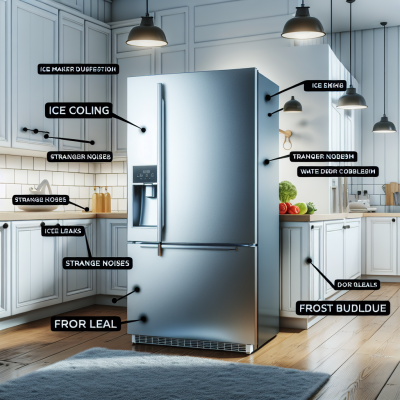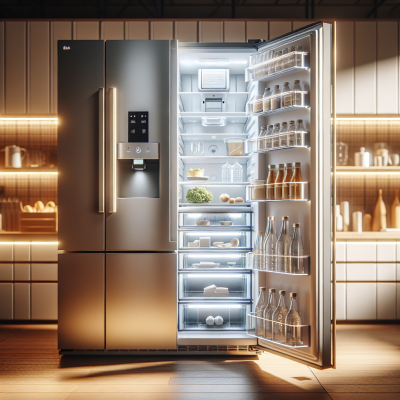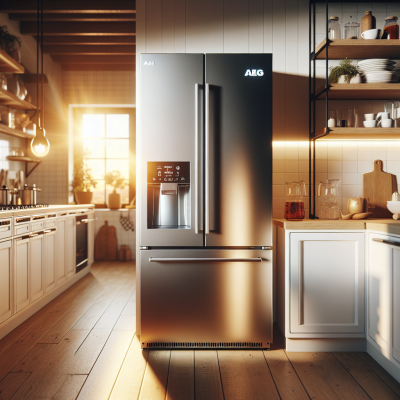Fast & Reliable Foster Refrigerator Repairs - Call Now! |
Error Codes
Understanding Error Codes
Importance of Error Codes
Error codes play a crucial role in the maintenance and operation of your Foster Refrigerator. They serve as an efficient communication system, alerting users to specific malfunctions or issues within the appliance. By displaying an error code, the refrigerator can indicate which part of the system requires attention, thereby reducing the time and effort needed to diagnose problems. Recognizing these codes promptly can prevent minor issues from escalating into significant failures, thus preserving the longevity and efficiency of the refrigerator.
How to Access Error Codes
Accessing error codes on your Foster Refrigerator is a straightforward process, typically designed for user convenience. Most models display error codes directly on the digital control panel. Typically, if a problem is detected, a specific code will flash, indicating a particular issue. To access further information on these codes, consult the user manual, which provides an extensive list of potential error codes along with their meanings. For some advanced models, error codes may be accessed via a linked mobile app, offering remote diagnosis capabilities.
Common Error Codes
Temperature Sensor Errors
Temperature sensor errors are among the most common issues and can significantly affect the cooling performance of your refrigerator. Such errors usually stem from a faulty sensor or wiring issues, leading to incorrect temperature readings. This can result in inadequate cooling or frost build-up. The typical error code for sensor issues may appear as E1 or E2, reflecting discrepancies in temperature values.
Defrost System Errors
The defrost system prevents ice buildup and ensures the refrigerator operates efficiently. An error in this system, often indicated by codes such as DF or E3, can lead to excessive frost accumulation, impacting the refrigerator’s performance. Common causes include faulty defrost heaters or timers.
Compressor and Fan Malfunctions
The compressor and fans are vital components for maintaining desired temperatures. Codes like C1 or F1 indicate issues in the compressor or fans, possibly due to mechanical faults or electrical problems. Addressing these issues promptly is essential to maintaining the appliance’s efficiency and avoiding costly repairs.
Door Ajar Alerts
Keeping the refrigerator door closed is essential for energy efficiency. A door ajar alert is indicated by codes such as DA and often results from doors not sealing properly, damaged gaskets, or hinges. Promptly addressing these alerts can conserve energy and maintain the refrigerator’s optimal temperature.
Troubleshooting Error Codes
Steps to Diagnose Issues
-
Identify the Error Code: Check the control panel or app to determine the specific error code displayed.
-
Consult the Manual: Refer to the user manual to understand the meaning of the error code and recommended steps for resolution.
-
Perform a Visual Inspection: Look for obvious issues such as loose wires, blocked vents, or visible damage.
-
Basic Reset: If no clear issue is identified, try resetting the refrigerator by switching it off and then on again. This can sometimes resolve temporary faults.
-
Monitor Performance: After any adjustments, monitor the refrigerator to see if the error reoccurs or if normal operations resume.
When to Seek Professional Help
Persistent error codes or those related to critical components like the compressor warrant professional intervention. If basic troubleshooting steps do not resolve the issue, or if you are unsure about handling electrical or mechanical parts, it’s advisable to contact a certified technician. Additionally, if multiple error codes display simultaneously or if there are signs of electrical hazards, such as sparks or unusual smells, immediate professional assessment is recommended. Professional technicians have the tools and expertise to diagnose complex issues, ensuring the safety and functionality of your refrigerator.




